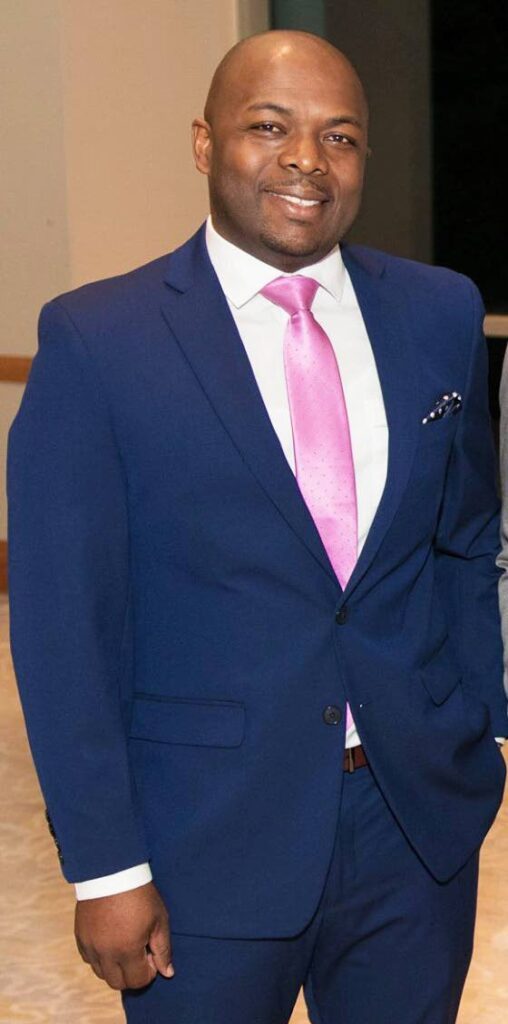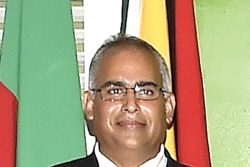(Trinidad Guardian) A cross-section of the business community, including the Trinidad and Tobago Manufacturers’ Association (TTMA), Trinidad and Tobago Association of Retired Persons (TTARP) and Ernst and Young, say they agree with Government’s proposal to increase the retirement age, but there are also recommendations for the State to turn its attention to errant business owners who fail to pay national insurance for staff.
During his 2024 Budget presentation on Monday, Finance Minister Colm Imbert revealed that the Government will be pressing ahead with its plan to increase the retirement age from the current 60 years to 65.
Once the proposal takes effect, employees will have the option to work for five more years before they tap into the National Insurance Retirement Benefit (NIB). Currently, individuals who make a minimum of 750 contributions earn a payout of $3,500 per month from the fund. With the population living longer, the fund has reduced significantly, and the Government is attempting to close the gap.
Speaking at the TTMA’s post-budget discussion at the Hyatt Regency Hotel yesterday, president Roger Roach said while the Government must take steps to ensure the longevity of the fund, the State should also turn its attention to businesses that are failing to pay NIS for staff.
“The net is not wide enough in terms of NIS contributions like tax collections. You have a number of businesses who are not making those NIS contributions on behalf of their employees. They’ve fallen below the radar and if the net is widened and you get contributions from more businesses, more individuals, then that could help to plug the gap,” Roach said.
Imbert, who also spoke at the event, agreed with the suggestion, as he said the Government is not getting the full allocation of taxes from a workforce that teeters around 600,000. He said just 400,000 people are religiously paying NIS.
“So where are those 200,000 people? It’s something that we have to deal with,” Imbert said.







